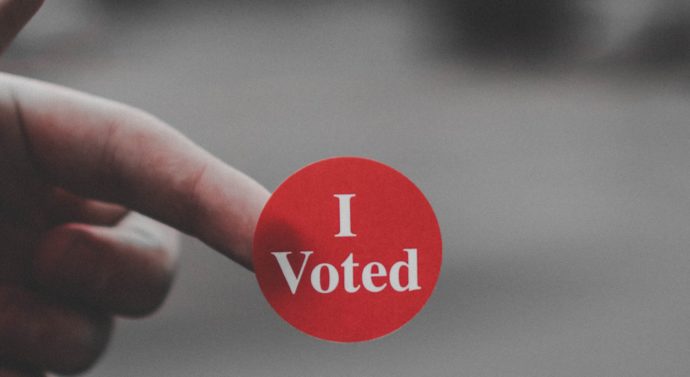
Should Election Day be a national holiday?
Editorial October 4, 2019, Comments Off 56Election Day. Love it or hate it, the “Tuesday next after the first Monday in the month of November” is a critical time for the United States. Representatives battle it out every two years, along with a third of the Senate, and this year will determine whether incumbent President Donald Trump gets reelected or ousted by one of the staggering 19 Democratic candidates.
Voting is an almost sacred right in any democracy. The form of government is reliant on the participation of the people, where most governmental power lies. People living in a democracy are directly responsible for the composition of their government, from legislative representatives to executive leaders.
Voting is essential to keeping government accountable to the governed, and officials should be accurate representations of their constituents. The right to vote is one that can literally shape the makeup of a country’s entire government and have ripple effects for decades, if not centuries.
The Constitution cites “the right to vote” more than any other right, a total of five times. Most of the text of the Constitution actually limits the right to vote, with rules regarding who can and cannot. Several constitutional amendments had to be made to guarantee that everyone, including minorities and women, get to vote.
2020 will mark the 100-year anniversary of the 19th amendment, which ended a 72-year long struggle by women suffragists for the right to vote. It took decades of fighting Jim Crow before people of color received the right to vote in practice, which had been enumerated in the 15th amendment after the Civil War.
The 24th amendment kept voting free from poll taxes which financially dissuaded many people from voting. Voting rights went through another change in the wake of the Vietnam conflict, when it was argued that people old enough to be sent to die in war are old enough to make their voice heard at home.
In the United States, there is a long history of voting seen as a privilege, something “granted by the powerful to the deserving,” as Garrett Epps from The Atlantic puts it. Each pioneering effort to extend voting rights was met with pushback from those who saw it as their duty to “purify the electorate” and ensure that only certain, educated people could participate in their democratic government.
Today, there is one final obstacle facing those who wish to be heard at the polls: time. There are only 24 hours in the day and voting lines can be long. The 2018 Midterm Election saw polling places with lines out the door, and some voters reported waiting hours before seeing a ballot. This temporal hinderance especially affects students.
“If I have classes spread throughout the day, I can’t take the time to travel over to where my voting place is and wait in a potentially extremely long line while also making it to all of my classes on time (where attendance is part of my final grade),” Drury sophomore Blythe Hopper said on Twitter.
In an online poll, 90% of respondents were in favor of mandating school closings on Election Day. This would guarantee that “voting age students [can] exercise our most powerful tool as citizens,” in the words of Michael Havens. Closing school might not ensure that every eligible student would vote, but it would free the schedules of hundreds of local voters and tens of thousands around the country. In some districts, those votes could sway an election. People who want to vote should be able to without sacrificing participation points or valuable class time.
Making Election Day a federal holiday would take things a step further. On the day of the Midterms, I remember talking to my co-workers about whether or not they voted. I was shocked to find that only one other person at my job had voted that day.
“I just don’t have the time,” many co-workers told me. “I need to be at work.” Having an entire day dedicated to ensuring people have the time available to vote would drastically increase turnout at every level.
In a long history of progressive voting rights expansions, is it not time to ensure that every student who wishes to politically participate gets to? As things are now, schools and places of employment are able to deny voting rights to thousands of citizens, even if not politically motivated. Young people were given the right to vote after Vietnam, and now is the time to cement their ability to vote in practice.
Article written by Forest Swisher.